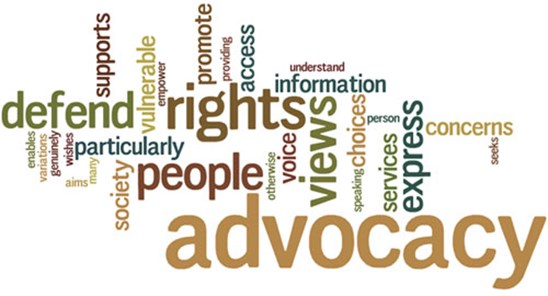
“A disability advocate can mean several different things, depending on what type of advocacy you’re referring to. There are two main types of disability advocacy: legal and social. Legal disability advocates are lawyers, or other trained professionals, who litigate for disability rights on behalf of a client, government or organization. Social advocates are people who work toward furthering disability rights through social change and public policy.” [1]
“Disability advocacy provides people with disabilities the knowledge to expand and defend their rights, support self-advocacy and provide legal assistance.” [2]
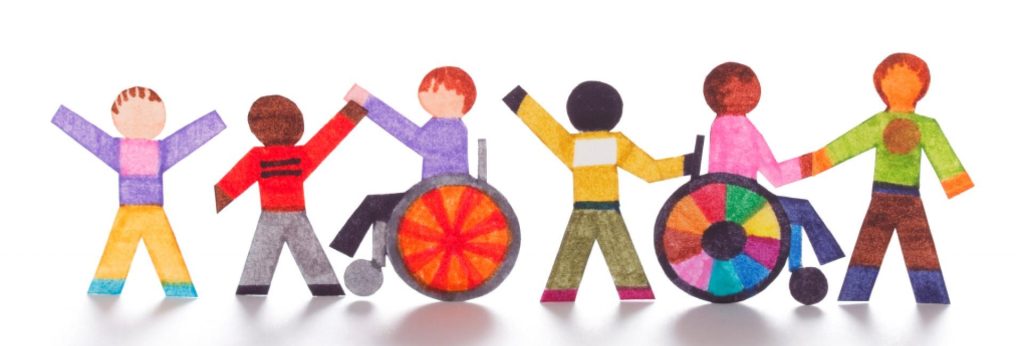
Types of advocacies
“There are a number of different types of advocacies, each with a different focus. The six advocacy types are:
- Citizen advocacy – a commitment by a volunteer person without disability to advocate for a person with disability, particularly if they don’t have close family members or friends who will take up the advocacy role.
- Family advocacy – when family members of people with disability advocate on behalf of their loved one. For example, parents advocating on behalf of their child to promote, protect and defend their rights.
- Individual advocacy – when an advocacy organization works with individuals on eliminating discrimination, abuse and neglect. This usually focuses on resolving a particular issue or concern the individual has a complaint about.
- Legal advocacy – when a professional advocate with experience in the legal field helps a person with disability to address a legal issue and understand their rights.
- Systemic advocacy – when organizations work to reduce barriers and discrimination you may face in the community or through Government policy.
- Self-advocacy – when you advocate for yourself or as part of a group of people with the same issue. An organization may help you to build your self-advocacy skills if you need support.” [5]
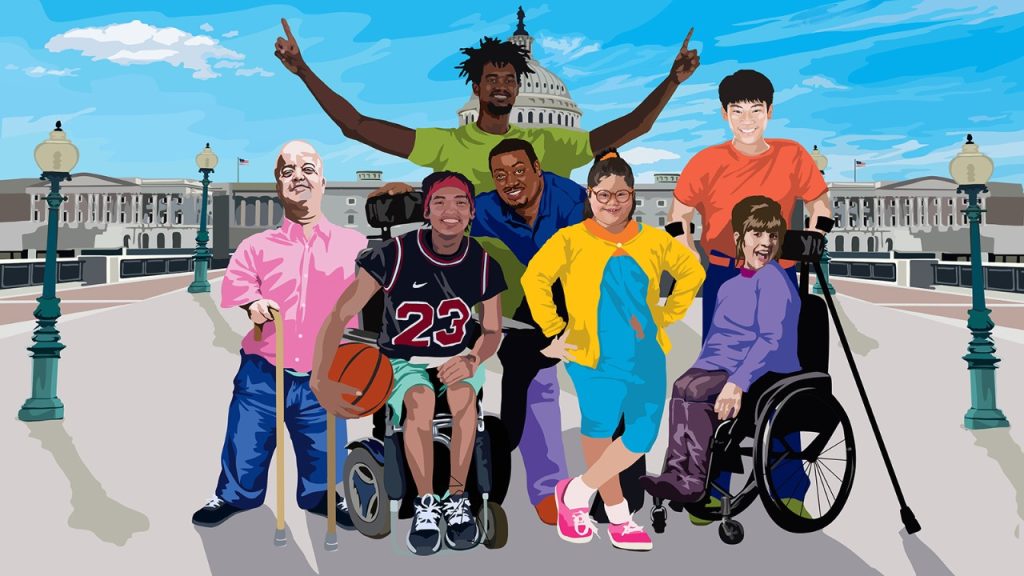
What disability advocates do?
“Disability advocacy may include:
- Providing information to people with disability about their human rights and identifying instances of discrimination
- Assisting people with disability to uphold their rights by speaking with and writing to people and organizations to raise awareness of problems and seek solutions
- Helping people with disability negotiate complaints processes or legal action to enforce their human rights
- Writing submissions and lobbying government to make changes that promote and protect the rights of people with disability
- Campaigning for social change by speaking to the media to raise awareness and highlight situations where people with disability are treated unfairly.” [3]
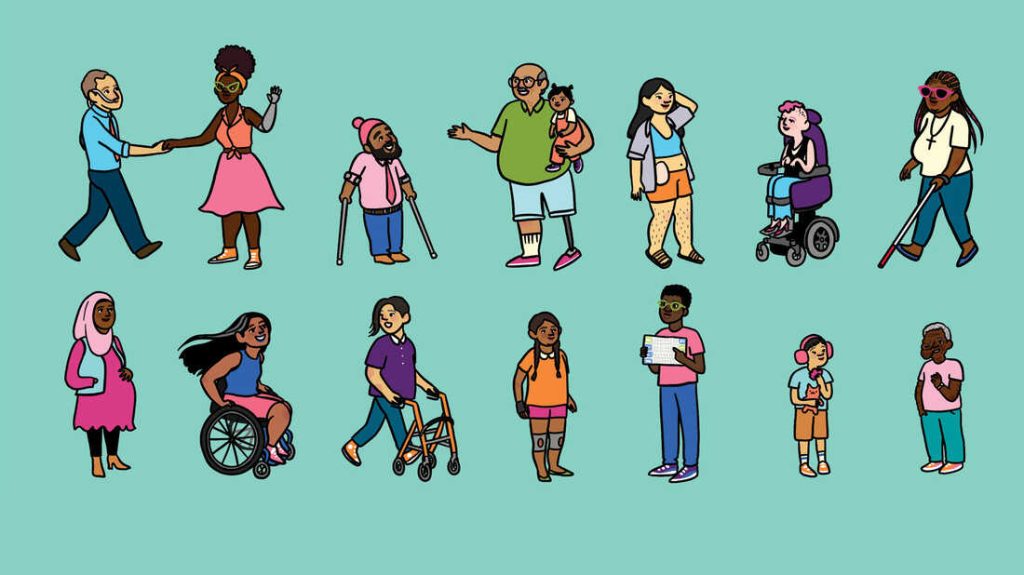
What Disability Advocates Don’t Do
“Advocates are not attorneys and have no specific legal training or education in disability law. They will not be able to cross-examine an expert witness. Lawyers are trained in techniques to question experts about whether information presented to the court is accurate and trustworthy.
Many SSA Disability Advocates have a background in human services, or civil rights, or have had careers with agencies that work within the disability community. They may work in organizations that promote independent living, assist disabled people with housing or other needs, or fight for disability justice. They may even have legal training, but they are not attorneys.
Advocates can only represent a claimant to the level of the Appeals Council (AC), and they can appeal a denial at initial, reconsideration, ALJ, and AC levels.” [4]
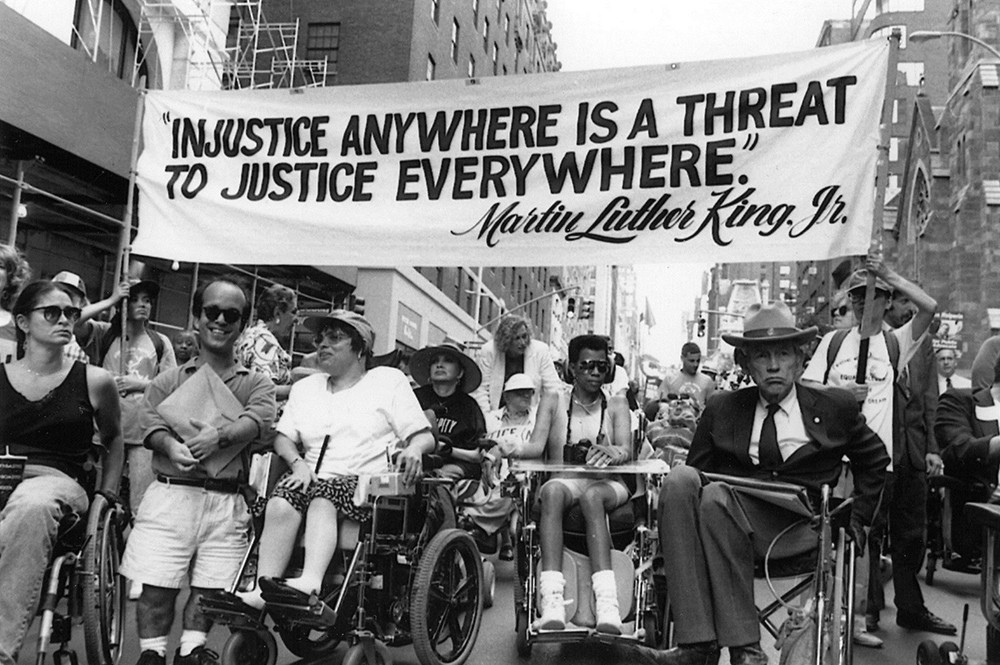
What circumstances call for a disability advocate?
“Disability advocacy is required in a variety of circumstances— education, employment, healthcare, housing, faith, technology, transportation, and more.
“A big part of advocacy work is combatting discrimination and working towards equal rights,” Zach Baldwin, the director of outreach at the American Association of People with Disabilities, said in an email. “But it is also about working collaboratively — with governments, businesses, various aspects of the disability community, and other identity groups — to brainstorm new ideas and create innovative solutions that allow people with disabilities to live and work independently and pursue the American Dream alongside our peers without disabilities.” [1]
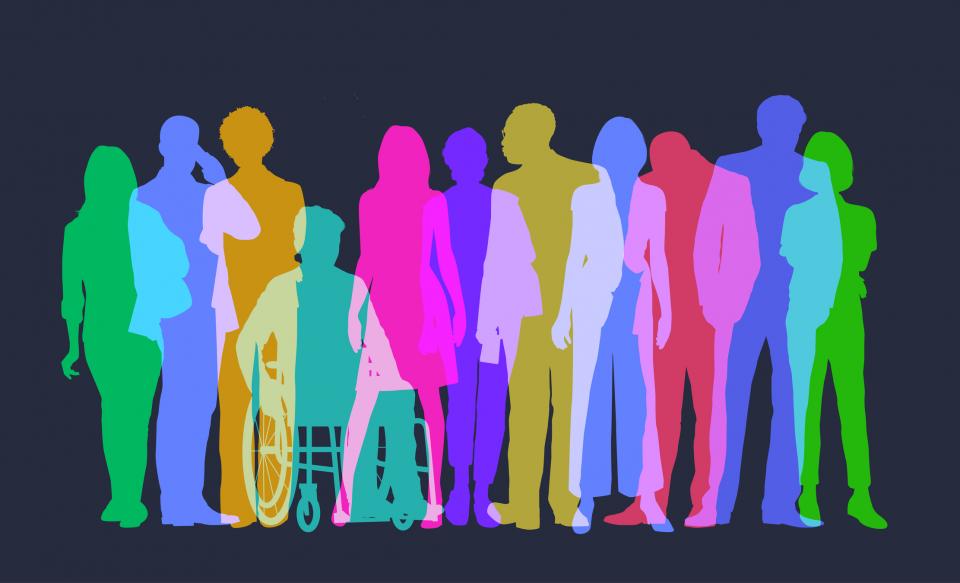
Everyone of us need support in some moment of life and the right support is always important and make all the difference.
With the proper support, adults with disabilities can make significant steps towards independence.
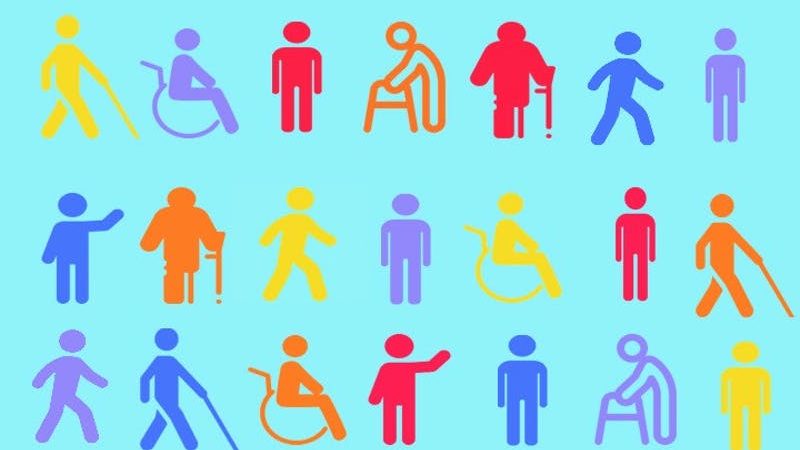
Resources
[1] https://www.vantagemobility.com/blog/blogdisability-rights-advocates/
[2] https://dcil.org/news-and-events/what-is-disability-advocacy/
[3] https://www.daru.org.au/what-is-advocacy/what-disability-advocates-do
[4] https://benefits.com/social-security-disability/disability-advocate/
[5] https://www.disabilitysupportguide.com.au/information/article/disability-advocates
